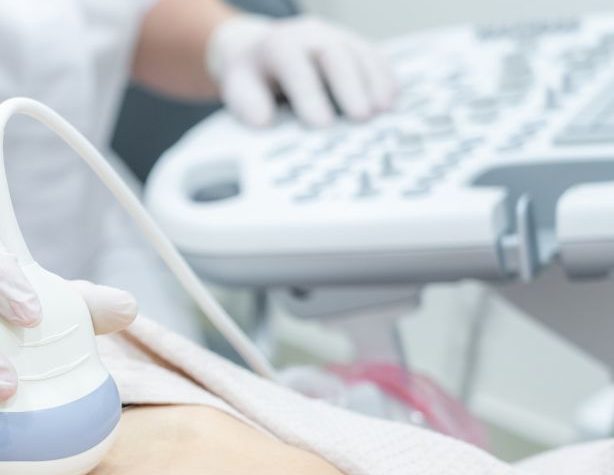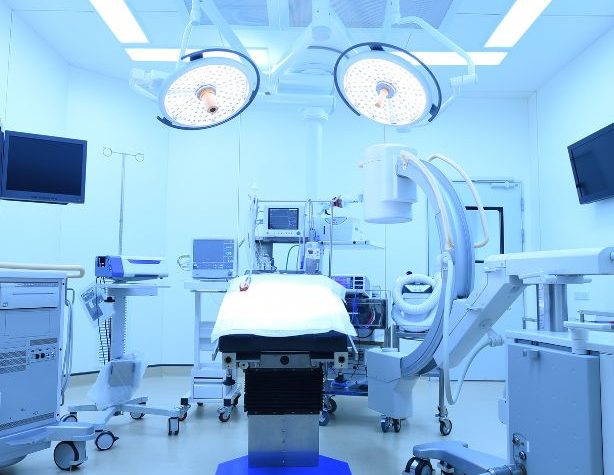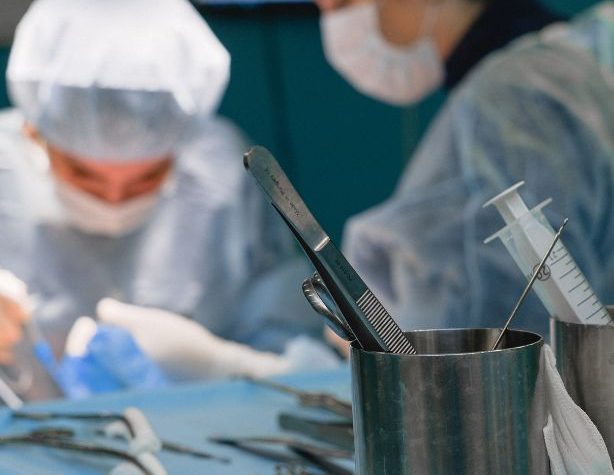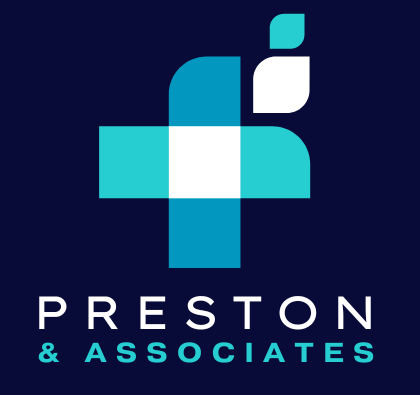News & Articles

The National Nursing Shortage
Nursing shortages, already an issue pre-COVID, were exacerbated by the COVID-19 pandemic. Throughout the healthcare industry, hospitals, outpatient centers, and clinics have tirelessly sought qualified candidates to fill open nursing positions. The U.S. Department of Labor predicts that more than 275,000 nurses are needed from 2020 to 2030, and that employment opportunities for nurses will grow at 9%, faster than all other occupations from 2016 through 2026.

Point of care high-level disinfection for ultrasound probes
More than 140 million ultrasound procedures take place annually in the United States, making it one of the most common and versatile medical technologies. High-level disinfection of ultrasound probes has evolved, with manual processes being replaced by automated systems that require less hands-on time and can be used at point of care.

Without mandated reporting, medical device supply chain is blurry
FDA officials are warning that medical device shortages could worsen now that the public health emergency has expired because with its end a requirement for medical device companies to notify the agency of shortages also ceased.

Nurses Are Uniquely Qualified to Drive Safety and Quality Initiatives
As we celebrate nursing this National Nurses Month, let us also celebrate the role of the nurse in improving safety and quality of care. Nurses are uniquely prepared to take the lead in this role. With more than 3 million working nurses in the United States, we make up the largest segment of healthcare workers, and we provide the majority of direct patient care. Nurses are knowledgeable on the needs and expectations of individual patients as well as communities. We understand pathophysiology and the effects of medications, treatments and procedures.

Is That Instrument Safe to Use on a Patient?
Cleaning instruments for ambulatory surgery centers (ASCs) is a daily, routine procedure for staff. Sterile processing and perioperative staff work together to ensure instruments used during surgical procedures are clean, sterile and safe for use. Most surgical staff would agree that “if it isn’t clean, it certainly isn’t sterile.”1 If tissue, bone or other soil is left behind on a surgical instrument, this unsterile condition obviously could carry risk of infection to the next patient, and it should not be reused.

How Can We Prevent Future Shortages of Healthcare Products?
Linda Rouse O’Neill, vice president of government affairs, Health Industry Distributors Association, said it’s critical to build a bigger cushion of medical supplies to fulfill providers’ initial demand during a crisis, “giving critical time to ramp up manufacturing. Providers’ first call for product is to their distributors, so product reserves should be dispersed at distribution warehouses across the country.
